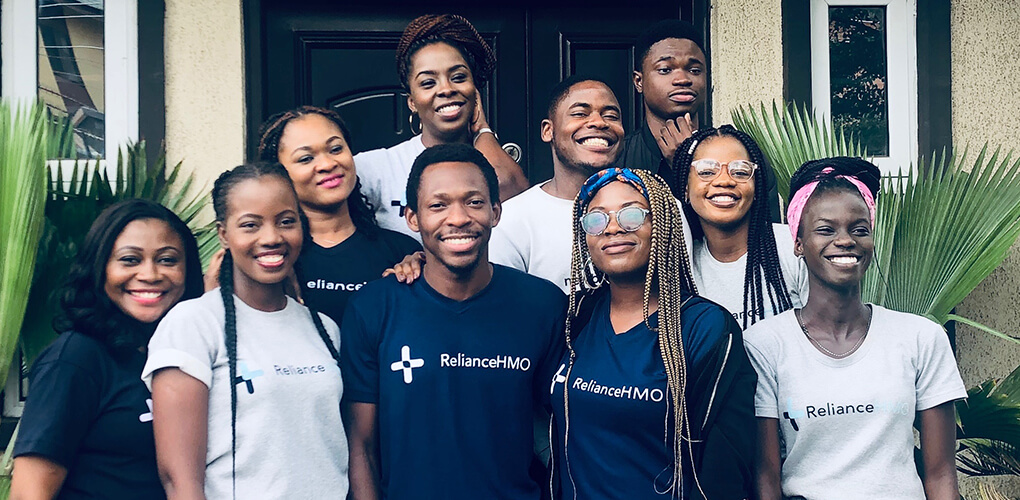A Nigerian health tech startup, Reliance Health, has raised $40 million in a Series B funding round.
Reliance Health was founded in 2016 by Femi Kuti, Opeyemi Olumekun and Matthew Mayaki.
Advertisement
According to TechCrunch, the Series B round is the largest of its kind in African health tech.
The CEO of the company, Femi Kuti, said they plan to use part of the funds to build two more clinic facilities in two Nigerian cities, Abuja and Port Harcourt. Reliance Health also intends to hire talent and scale new product lines, especially for Nigerians in the diaspora.
He said Reliance Health has a mission of using technology to make quality healthcare accessible and affordable.
“Our mission is super simple. I mean, the definition is simple, but the execution is sometimes more difficult than that… So essentially what we’re trying to do is to use technology to make quality health care accessible and affordable in emerging markets,” said Kuti.
Advertisement
It uses an integrated process to provide health insurance and telemedicine through partnerships with hospitals and healthcare.
The startup has attempted to provide a solution to two vital problems in Nigerian healthcare. First, because people take healthcare for granted, there are no metrics in place to vouch for the quality of healthcare, so people just accept whatever healthcare is available. The second problem is that the price of healthcare in Nigeria is usually well above what the general public can afford.
Reliance Health has addressed those problems so that users can get access to an integrated suite of healthcare products via subscriptions. Some of that healthcare is provided by Reliance Health directly– through its telemedicine platform, drug delivery system, and two clinics based in Lagos, Nigeria. Others are via third-party provider partners: hospitals, diagnostic centres and pharmaceutical centres.
With an app, these customers can chat with a doctor, find healthcare providers near them to visit or get medications from and manage the delivery of their drugs. Based on frequent usage, Femi said Reliance, for instance, could suggest lifestyle changes if a customer was diagnosed with diabetes and make hospital referrals if a user spent hours on the line at his last visit to the clinic.
“Essentially, what we try to do is to guide people to the best option in terms of the care that we can receive. And regardless of whether that option is provided by a third-party partner or us, we are more concerned with how we work with the customer to guide them to the best option when it comes to accessing the healthcare data,” Kuti said.
Advertisement
Reliance Health operates business-to-business and business-to-customers models. RelianceHMO is the company’s health insurance plan for both sets of customers where individuals can select monthly, quarterly or yearly health plans ranging from ₦3,500 to ₦148,500. On the other hand, businesses can make subscriptions on behalf of their employees, which Kuti said are slightly cheaper than plans used by retail customers.



